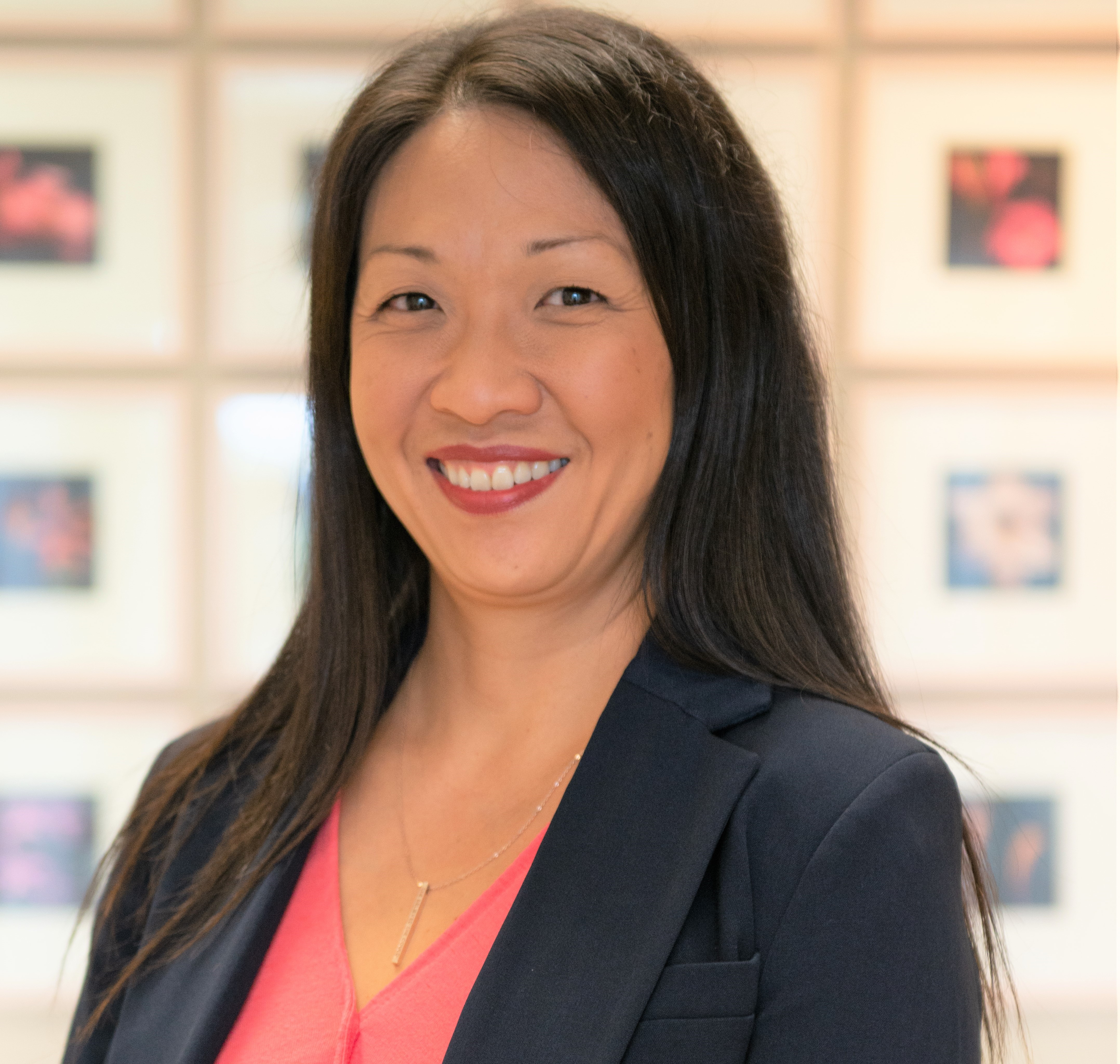Hsieh Lab | UTSA
Neurodevelopment And Adult
Neurogenesis in Epilepsy
Our Mission
The Hsieh lab wants to understand the mechanisms underlying neural development and adult neurogenesis. Working primarily in mouse models and in vitro systems such as patient-derived induced pluripotent stem cells, the Hsieh lab studies the function of genes involved in epilepsy disorders. We study mesial temporal lobe epilepsy, the most common intractable epilepsy in adults, and genetic epilepsies, a group of rare neurodevelopmental disorders characterized by early onset seizures. We also collaborate with labs to study the role of genes that contribute to hyperexcitability in early- and late-onset degenerative diseases like Alzheimer’s disease. The goal of the Hsieh lab is to find ways to target abnormal functions of genes in developmental and degenerative conditions.
Overview of our Research
The Hsieh laboratory focuses on 4 major areas:
Announcements
Amber Elizalde and Samhitha Boyana are 2025 UTSA IES Pathways Fellows. Proud of what you are all doing in our communities!
Congratulations to Aranis Muniz Perez and Kaisha Meyer Acosta for their paper acceptance in Developmental Neuroscience
Congratulations to Vanesa Nieto Estevez and team for their paper acceptance in Cell Reports
ABOUT DR. HSIEH
